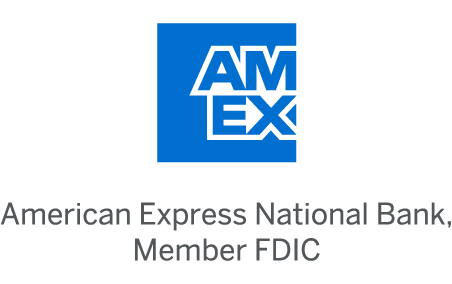Another account fits your goals
Different goals call for different types of bank accounts. For example, you may want to open a checking account near your house so it's easy to swing by the ATM when needed or check your safe deposit box on occasion.
If withdrawing money from your savings account is often a temptation, you could decide to open a savings account a little farther away from home or online, where it wouldn't be quite as convenient to hit the ATM.
Having a separate account for emergency savings may also be a smart move, especially if you want to avoid dipping into your regular savings account. You can set aside a portion of your income each month in this account, which will come in handy during unexpected expenses or job loss.
The point is this: It's OK to open accounts that fit your needs, personality, and financial style.
You want to take advantage of higher interest rates
Some people open a money market account or certificate of deposit (CD) because the financial institution is paying a higher APY than other banks.
What's more, some people are simply good at chasing rates. That means they'll join a credit union or open an account at a new bank as long as they earn a higher interest rate on the banking products they routinely invest in. They'll look at everything, from CD rates to the interest paid on savings accounts. They open multiple accounts so their money will work for them.
You have a business or side job
It's common for business owners, gig workers, and freelancers to have more than one account. Their personal checking account is used to pay living expenses, while their business checking account covers business expenses. Most self-employed folks find that keeping a separate bank account allows them to track income and expenditures, making it easier to file taxes.
Some business owners use the profit-first method, where they divide their revenue into different accounts. This involves opening multiple business bank accounts strategically, with reserved funds in one for profit, another for operating expenses, and still others for taxes and other financial obligations.
By separating funds into various accounts for profit, taxes, and operating expenses, the profit-first method ensures that profits are not mistakenly consumed by expenses.
You have more than $250,000
The Federal Deposit Insurance Corporation (FDIC) insures up to $250,000 per depositor, per insured bank. If you have a significant sum of money in your bank account, this limit may not be enough to provide adequate protection. One option to protect your money is to open accounts at multiple FDIC-insured banks.
Opening accounts at multiple banks spreads out your money to minimize the chance of loss. It may seem like a hassle, but taking these steps to insure your money can provide peace of mind and financial stability in the long run.
RELATED: What to Do If Your Bank Closes Your Account
Should my partner and I have multiple bank accounts?
If you're in a long-term relationship, you may share a joint bank account, and that makes sense for some.
For example, if you typically pay half the household bills, you may want an account that allows you to sign up for direct deposit so your paycheck is available when it's time to pay bills. Perhaps your partner would rather run by the bank on payday, deposit some of their paycheck, and keep the rest out for discretionary spending.
Or maybe one of you is a big believer in putting money away for a rainy day while the other tends to spend more. Separate savings accounts can address that issue.
Just as a joint account does not mean that a relationship is stronger, a solo account does not mean a relationship is falling apart.
Can I have multiple accounts at one bank?
There are plenty of people who open several accounts at a single financial institution.
Let's say you put $1,000 a month into your savings account but have different amounts earmarked for different purposes. You may want:
- $400 to go into an emergency fund
- $200 toward paying down debt
- $200 to save for a new car
- $200 toward a vacation.
Rather than mix the money -- and potentially spend it -- it's OK to open four savings accounts, each with a different purpose.
As long as you can juggle four accounts, check them at least once a month, and stay atop all correspondence from the financial institution, multiple accounts can help you keep track of how close you're getting to the finish line.
Is it ok to only have one account?
While having multiple accounts can have its perks, it can also lead to confusion and complicate your financial life. If you find it hard to keep track of all the accounts and their balances, it’s best to stick to one or two accounts.
Consolidating your finances may make it easier to manage your money and reduce the risk of overdraft fees and late payment charges.
Bottom line
Deciding how many bank accounts to have boils down to personal preference and finances. If you have a business, emergency fund, and specific saving goals, multiple accounts can help you stay organized and on track.
On the other hand, if you are comfortable managing your money from one account and don’t want to deal with the hassle of multiple accounts, sticking to one or two accounts is a viable option.
Whatever you decide, make sure to research all the available options and choose the best one for your financial situation.


